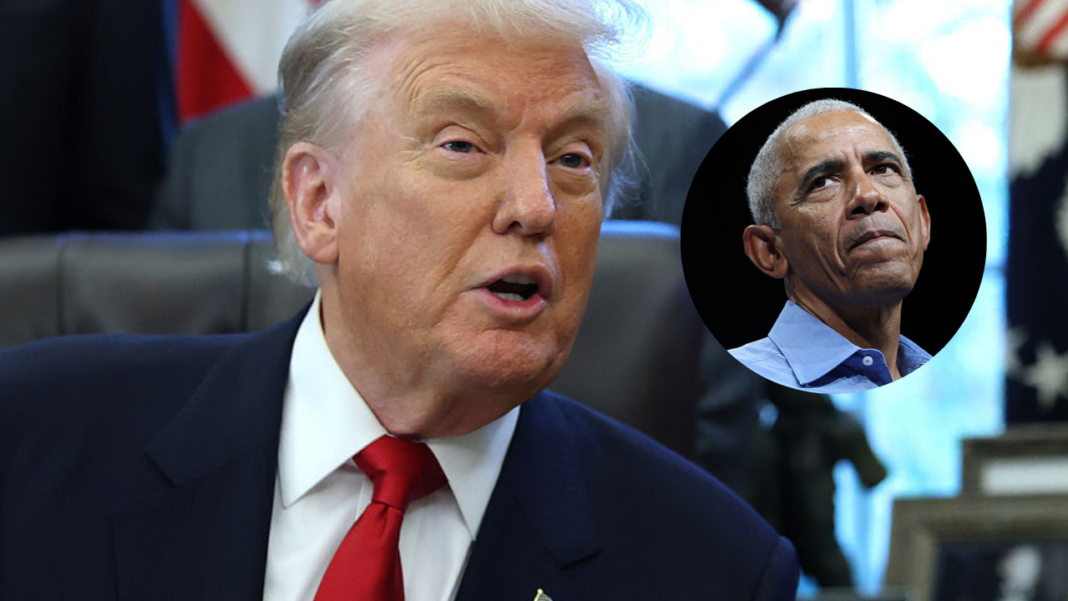Trump’s New Health Care Proposal: A Soft Launch of “Trumpcare”
Recently, President Donald Trump unveiled a new health care policy proposal that he’s tentatively calling “Trumpcare.” During an interview with Fox News host Laura Ingraham, Trump critiqued his predecessor, Barack Obama, dubbing his health care policy a “disaster.” This initiative comes at a crucial time when millions of Americans face rising insurance costs under the Affordable Care Act (ACA), commonly known as Obamacare.
Overview of Trump’s “Trumpcare”
Trump’s proposed plan aims to shift the focus of health care funding from insurance companies to the individual. He emphasized the importance of empowering people to buy their own health insurance through a dedicated account. “Instead of going to the insurance companies, I want the money to go into an account for people,” he stated, suggesting that this approach would foster a more competitive marketplace.
He claimed, “It’s so good! The insurance will be better. It’ll cost less. Everybody’s going to be happy,” projecting an image of independence for consumers who would have the ability to negotiate their own insurance plans.
A History of Repealing Obamacare
This isn’t Trump’s first attempt to reform the U.S. health care system. In 2017, he proposed a similar version of “Trumpcare,” which sought to repeal the ACA and offered tax credits for individuals to purchase their own insurance. However, that initiative faced significant challenges, including a lack of Republican votes, leading to its eventual failure.
The current landscape remains fraught with legislative hurdles. Trump and other Republican leaders have frequently attempted, without success, to eliminate Obama’s health care legacy. Now, the focus has shifted to looming financial challenges as the COVID-19-era tax credit subsidies are set to expire, threatening to increase premiums by an estimated 114% by 2026 if Congress fails to act.
Political Context and Legislative Implications
The political climate surrounding health care reform is charged. Recent discussions in Congress about extending the Obamacare tax credits have been met with resistance from leading Republicans. The refusal to negotiate these credits even precipitated a historical 42-day government shutdown, which affected numerous programs and services. While there is now a temporary agreement to vote on restoring these tax credits in December, it highlights the contentious nature of health care legislation.
Trump has definitively stated that he does not support extending the existing subsidies for Obamacare patients, reiterating his belief that they represent a flawed system. “Obamacare is a disaster, just like he was as a president,” he said, underscoring his commitment to the new direction he envisions for America’s health care.
Economic Ramifications for Consumers
Critics of Trump’s proposal, including former officials from Obama’s administration, argue that the approach is more about dismantling existing structures than genuinely improving care. Jesse Moore, a former speechwriter in the Obama White House, commented on the stark divide in ideologies. He posited that bipartisan efforts could lower premiums significantly, but the focus has instead shifted towards an “ego war” rather than the welfare of families relying on these health services.
“In some ways, we’re losing sight of the fact that compassion should guide our discussions,” Moore emphasized, advocating for a cooperative approach over divisive rhetoric.
Leadership and Legacy in Health Care
The ongoing debate over health care policy is not merely technical; it reflects deeper values about leadership and responsibility. The former Obama administration took significant political risks to expand health coverage, emphasizing a long-term vision over short-term political gain. Moore noted that such leadership is about prioritizing lives improved by policies rather than political credit.
Reflecting on the effectiveness and imperfections of the ACA, Moore concluded that the commitment to progress requires leaders willing to transcend personal interests for the greater good.
While Trump’s “Trumpcare” may resonate with his base, the ramifications of changing health care policy weigh heavily on American families. The future of health care remains uncertain as Congress navigates the complexities of legislation, public health priorities, and the ongoing partisan divide.



